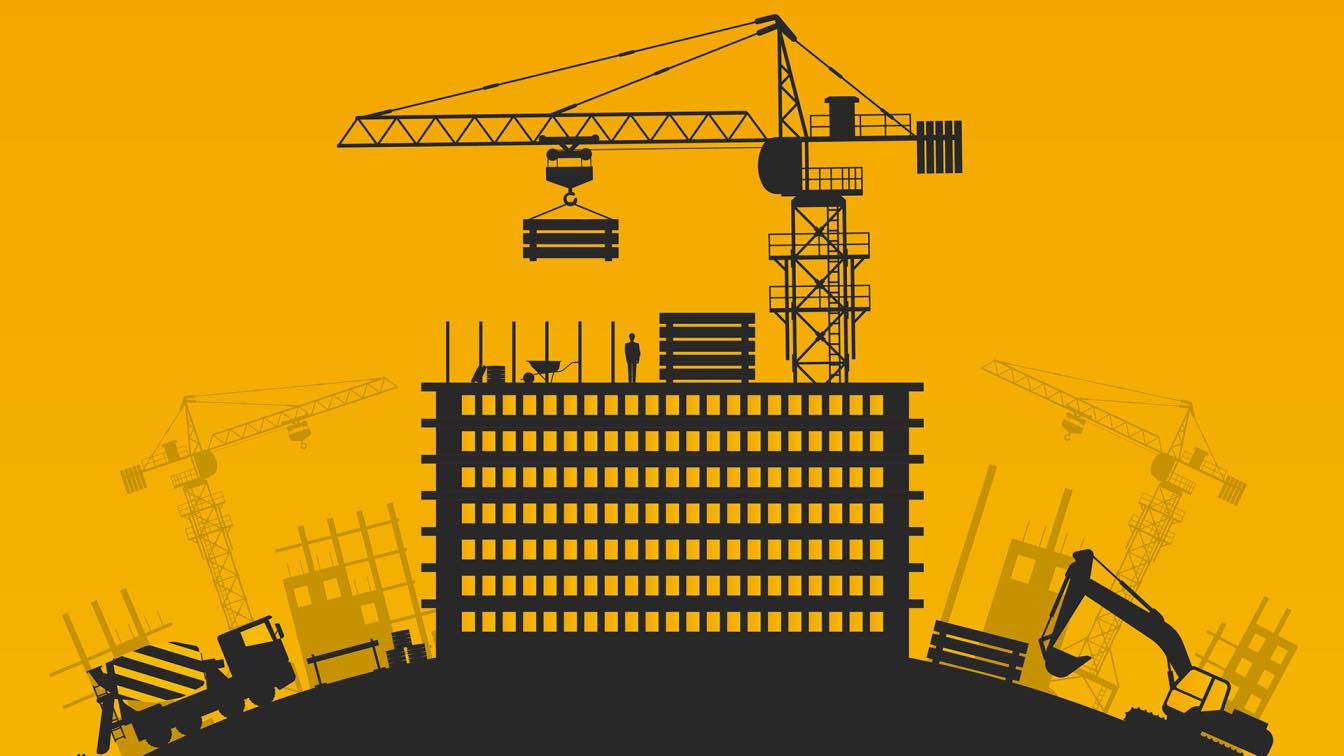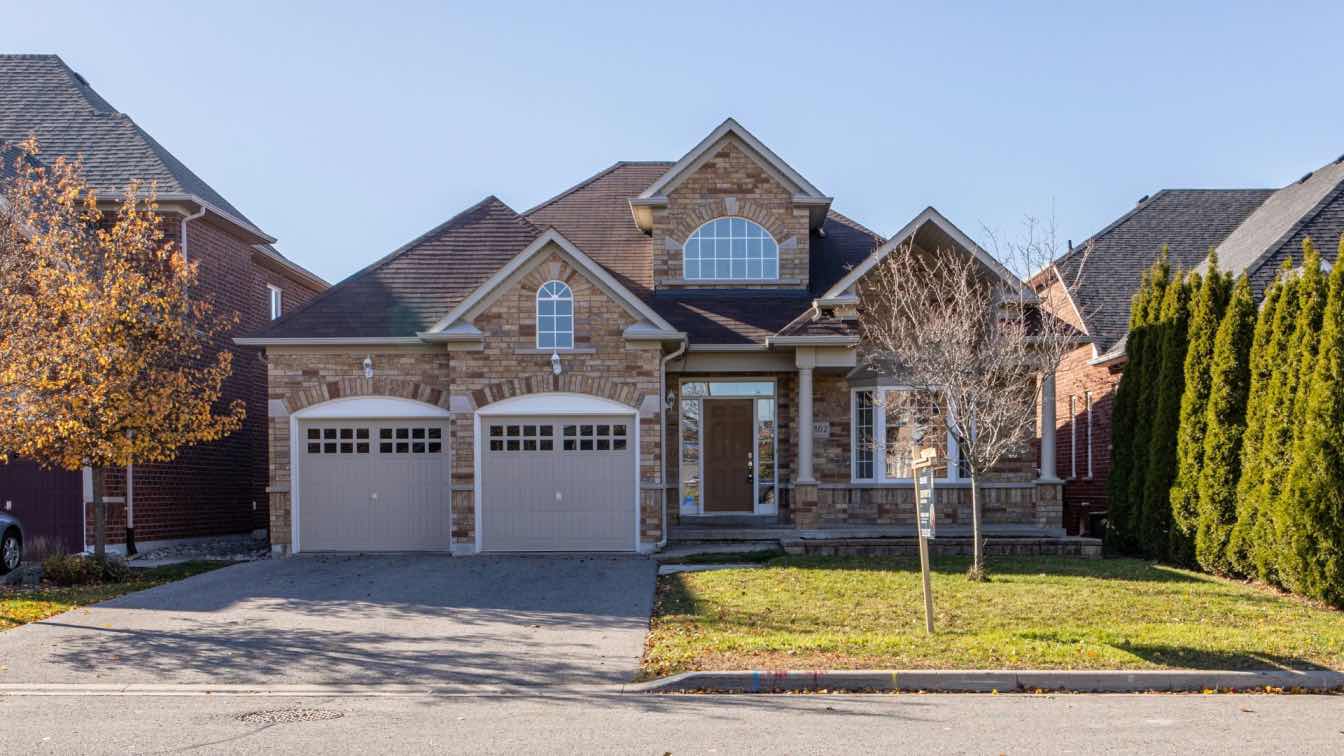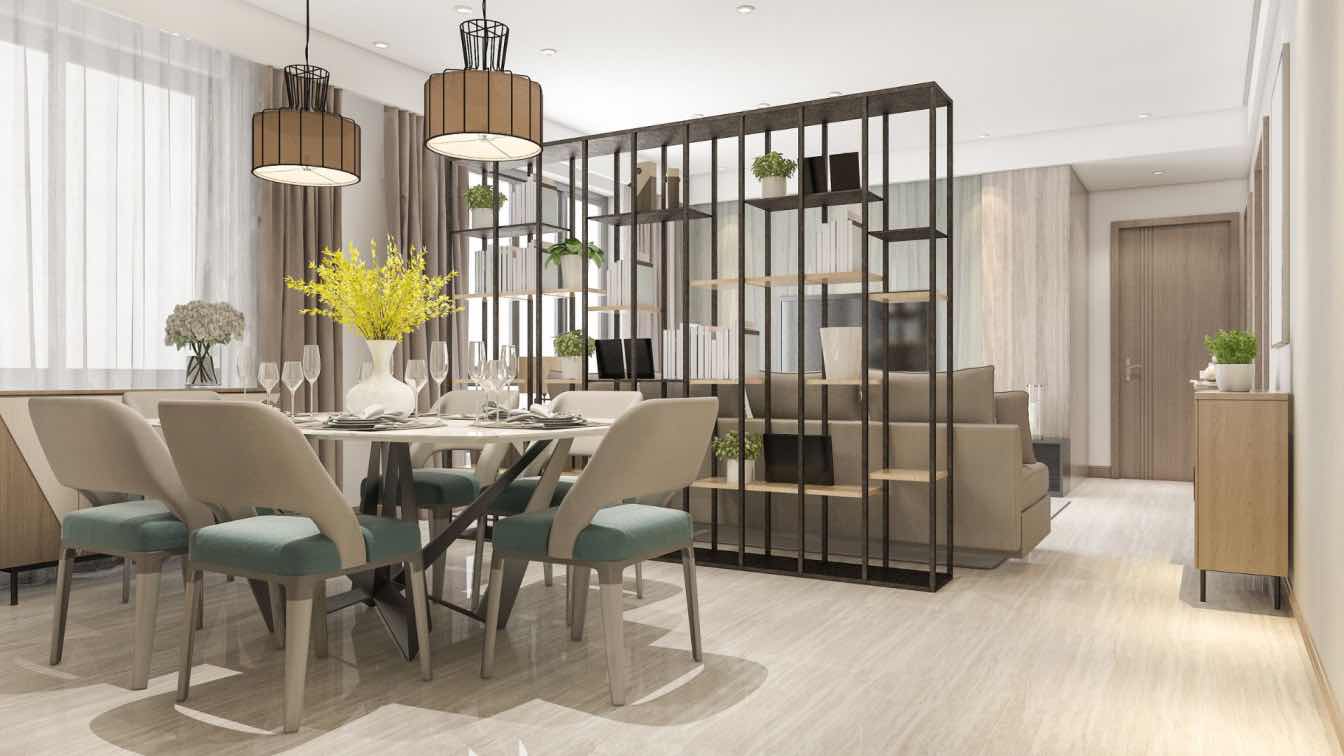Whether you are building a commercial office, warehouse, or retail store, you will need careful planning and commitment to successfully complete the project. Collaborating with experienced advisors, such as those at J. Kelly Advisors can significantly enhance your project's success. As you explore the different aspects of this undertaking, here are five factors you need to consider when setting up a commercial building.
1. Building type and location
Consider the kind of commercial building you want to develop. Every commercial building, including pre-engineered metal buildings, has its own standards and needs. If you are looking to construct an office building, consider the layout and whether there should be any other features that would make your employees comfortable and benefit your clients.
In addition, choose a location that is defined for commercial development. You may want to look for a location that allows easy traffic or a local business area that could attract customers or harbor potential competition.
2. Budget
Money is an essential asset in any construction project, so getting your budget fixed in advance is imperative. Plan your budget and finances and decide on the amount of money you are willing to spend on the commercial property.
Ensure you include every expense that will be incurred. List every possible cost, including land rent, employees’ salaries, construction materials, and even the smallest expenses, such as stationery supplies and drinking water. It’s also important to have a reserve budget if any unexpected expense arises during the construction process.
3. Building permits
Every construction work requires several permits from the federal government. An environmental clearance certificate, for instance, is a must when building a commercial property.
Commercial buildings face stricter scrutiny from the government regulations, and local authorities may regularly visit for a site check. Failure to have these essential documents on hand may lead to major construction delays and, in some cases, it can result in the total discontinuation of your project. Be sure to obtain all the required building permits in advance in order to ensure a smooth construction process.
4. Architect and contractor
As a business owner, you need to consider how much time you want to get involved in your project personally. Most businesses lose clients during a construction project since their management teams concentrate more on the new building than their normal work performance. One of the best solutions for this is to hire a contractor.
Look for a contractor who can deliver quality work on time and at a pocket-friendly price, whether for construction, plumbing, or electrical work. Most architects specialize in different buildings, so be sure to find one skilled in what you require. If, for instance, you are building a hospital, look for an architect who has experience in designing an optometry office.
5. Contingency plans
Various unpredictable risk factors could impact your commercial building project. These may include labor shortages, lawsuits, miserable weather that affects site conditions, or even pandemics. It's important to ensure you have a contingency plan in place to help you respond effectively to such situations in case they occur.
Endnote
Developing a commercial building may sometimes seem like a formidable task, but the project can begin and end smoothly with the right construction plan. Involving and managing the best team can help you boost performance and meet your expectations in a timely and cost-effective manner.





